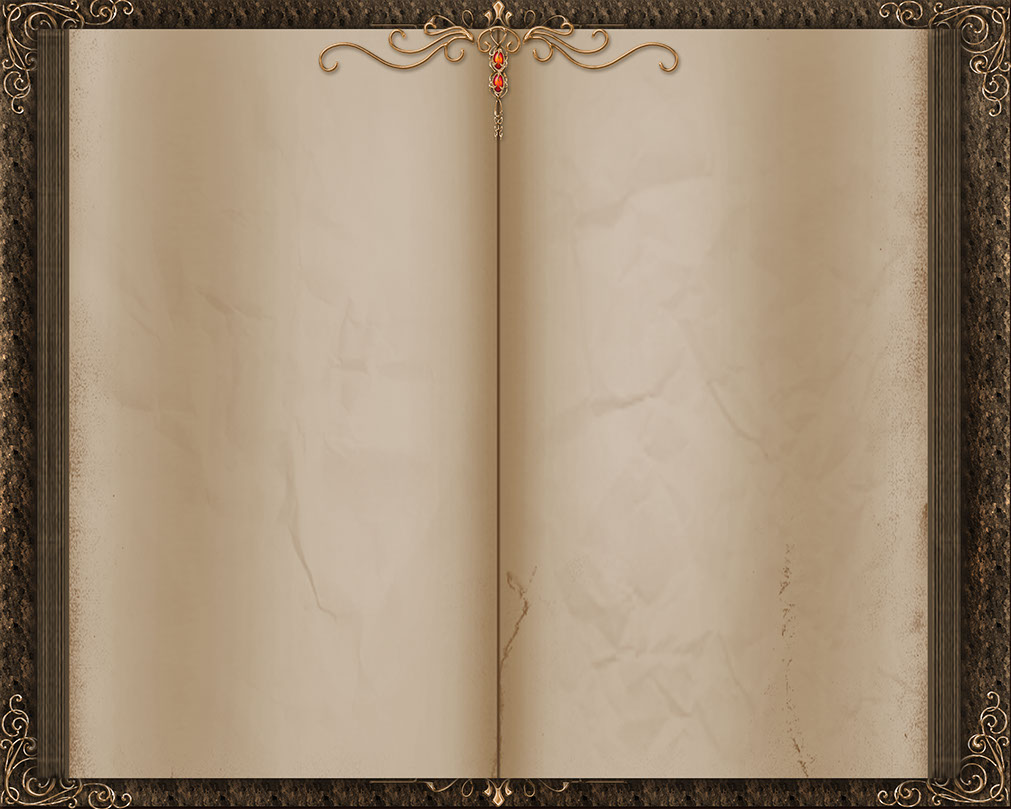
Scriptures became the favored activity over card-playing and gambling. Soldiers who had marched all day would walk another mile or more to attend a church. In the hospitals, wounded and sick men who could barely stand staggered to chapel and knelt for prayer. Half-starved soldiers in the midst of siege laid down their food (their one and only scant meal of the day) to attend a prayer gathering before eating. Men paused on the battlefield to pray with bullets raining about them, refusing to disperse until the last “amen” had been said.
The revival that began in 1861 continued throughout the war, increasing in power until the winter and spring of ’64 and ’65. In January of 1865 it was estimated that 150,000 soldiers had been converted or rededicated their lives to God.
The darker the cloud of defeat over the Confederacy, the stronger became the efforts of the chaplains and missionaries. But the dying words of Christian soldiers had perhaps the most telling effect upon unbelievers. Time and again, men with horrible and painful wounds died with a hymn or a prayer or a shout of praise on their lips. One witness to such a scene was moved to say, “I never want to die happier than that man did.” A minister wrote, in an article to the Southern Christian Advocate: “Our…boys…know how to fight, and many of them know how to die.”
Besides President Davis, several of the great commanders of the Confederacy were staunchly religious.
Chief among these were Robert E. Lee and Stonewall Jackson. An eyewitness to one of Jackson’s battles saw him fall to his knees in prayer, “in the hottest of the fight.”
Lee’s faith was well-known to his men, and his dispatches often give credit to God for victory in battle. When Lee was informed of Jackson’s fatal wound, he told one of the chaplains, “…I wrestled in prayer for him last night as I never prayed, I believe, for myself.” (Bennett)A huge revival erupted following the Battle of Fredericksburg, Virginia. It was reported that during the terrible siege of Vicksburg, Mississippi, such a cry went out for the preaching of the gospel that chaplains pleaded for help; "the harvest was great but the laborers were few."
Onward Christian soldiers!
Did such religious fervor weaken the army and reduce its fighting power? History attests to the determination and skill of the soldiers of the Confederacy, in spite of


home
personal interest
Copyright © 2023 Debra Diaz



